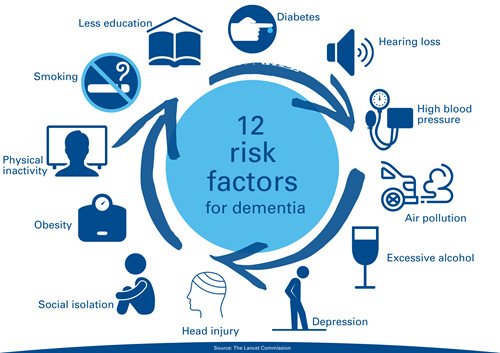Around 500 Black Fungus Cases In Delhi: Arvind Kejriwal

Chief Minister Arvind Kejriwal on Monday said there are around 500 cases of black fungus or mucormycosis in Delhi and the city has been grappling with a shortage of Amphotericin-B injection used in its treatment.
“We have set up dedicated centres for the treatment of black fungus at Lok Nayak Hospital, GTB Hospital and Rajiv Gandhi Super Specialty Hospital but we do not have drugs…. We did not get the injections on Sunday,” he told reporters.
Four to five injections per patient per day are used in the treatment of the fungal infection. There are around 500 cases of black fungus in Delhi at present, he said, adding Delhi has been receiving around 400 to 500 injections per day.
The central government has been distributing the injection among states. There is a severe shortage of this drug in the market and its production should be ramped up, the chief minister said.
Mucormycosis or black fungus is more common among people whose immunity has lowered due to Covid, diabetes, kidney disease, liver or cardiac disorders, age-related issues, or those on medication for auto-immune diseases like rheumatoid arthritis.
If such patients are administered steroids, their immunity reduces further, allowing the fungus to thrive. And, steroids should be administered very judiciously after proper clinical examination by a doctor.
Delhi Health Minister Satyendar Jain had on Saturday cautioned COVID-19 patients against taking steroids without doctor”s advice.
“This is very dangerous. A patient’s immunity becomes zero when he/she takes steroids. Black fungus, which is found in soil or decaying matter inside homes, doesn’t affect healthy people. Chances of infection are more in those with low immunity,” he had said.
It is imperative to control blood sugar levels. Any virus, fungus or bacteria multiplies rapidly when blood sugar level increases in the body, he had said.






